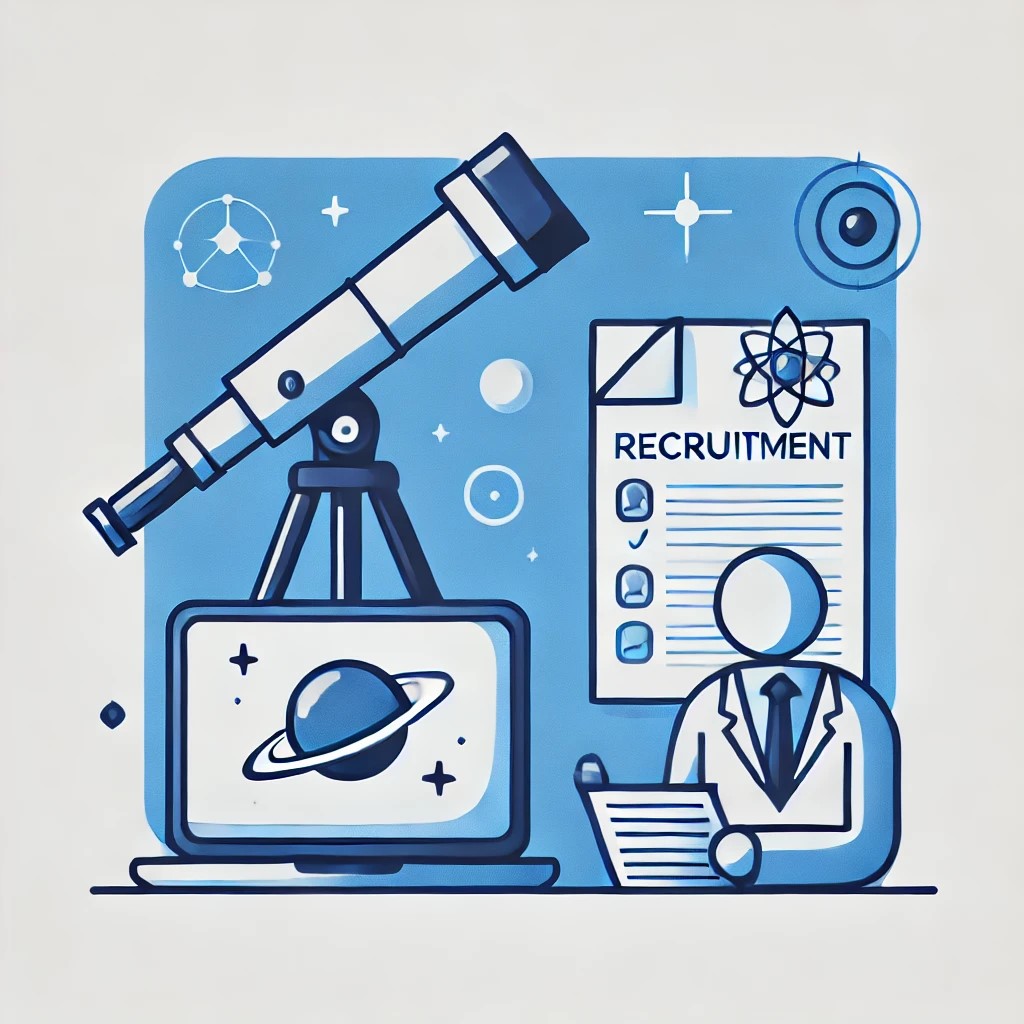Job Opening
No.
26
2025-03-11

- Notice period March 10, 2025 ~ March 25, 2025 (End Time 15:00)
- Manager Recruiting Manager, job@kasi.re.kr
No.
25
2025-03-11

- Notice period March 10, 2025 ~ March 25, 2025 (End Time 15:00)
- Manager Recruiting Manager, job@kasi.re.kr
No.
24
2025-03-11

- Notice period March 10, 2025 ~ March 25, 2025 (End Time 15:00)
- Manager Recruiting Manager, job@kasi.re.kr
No.
23
2025-02-10

- Notice period February 10, 2025 ~ February 25, 2025 (End Time 15:00)
- Announcement period April 25, 2025 ~ April 28, 2025
- Organized by department Human Resource Team
- Manager Recruiting Manager, 042-865-3216, job@kasi.re.kr
No.
22
2025-02-10

- Notice period February 10, 2025 ~ February 25, 2025 (End Time 15:00)
- Announcement period April 25, 2025 ~ April 28, 2025
- Organized by department Human Resource Team
- Manager Recruiting Manager, 042-865-3216, job@kasi.re.kr
No.
21
2025-01-06
![[재공고] 2024년 한국천문연구원 제3차 계약직(연구직) 채용공고](/file/content/thumbnail/sm_20250106101837920_U03WXNB3.jpg)
- Notice period January 06, 2025 ~ January 16, 2025 (End Time 15:00)
- Announcement period February 24, 2025 ~ February 28, 2025
- Organized by department Human Resource Team
- Manager Recruiting Manager, 042-865-3216, job@kasi.re.kr
No.
20
2024-12-16

- Notice period December 16, 2024 ~ December 31, 2024 (End Time 15:00)
- Announcement period February 24, 2025 ~ February 28, 2025
- Organized by department Human Resource Team
- Manager Recruiting Manager, 042-865-3216, job@kasi.re.kr
No.
19
2024-11-25

- Notice period November 25, 2024 ~ December 10, 2024 (End Time 15:00)
- Announcement period February 24, 2025 ~ February 28, 2025
- Organized by department Human Resource Team
- Manager Recruiting Manager, 042-865-2060, job@kasi.re.kr
No.
18
2024-11-22

- Notice period November 22, 2024 ~ December 23, 2024 (End Time 15:00)
- Announcement period January 30, 2025 ~ January 31, 2025
- Organized by department Human Resource Team
- Manager Recruiting Manager, 042-865-3368, hradmin@kasi.re.kr
No.
17
2024-11-04

- Notice period November 04, 2024 ~ November 19, 2024 (End Time 15:00)
- Announcement period January 13, 2025 ~ January 17, 2025
- Organized by department Human Resource Team
- Manager Recruiting Manager, 042-865-2060, job@kasi.re.kr
